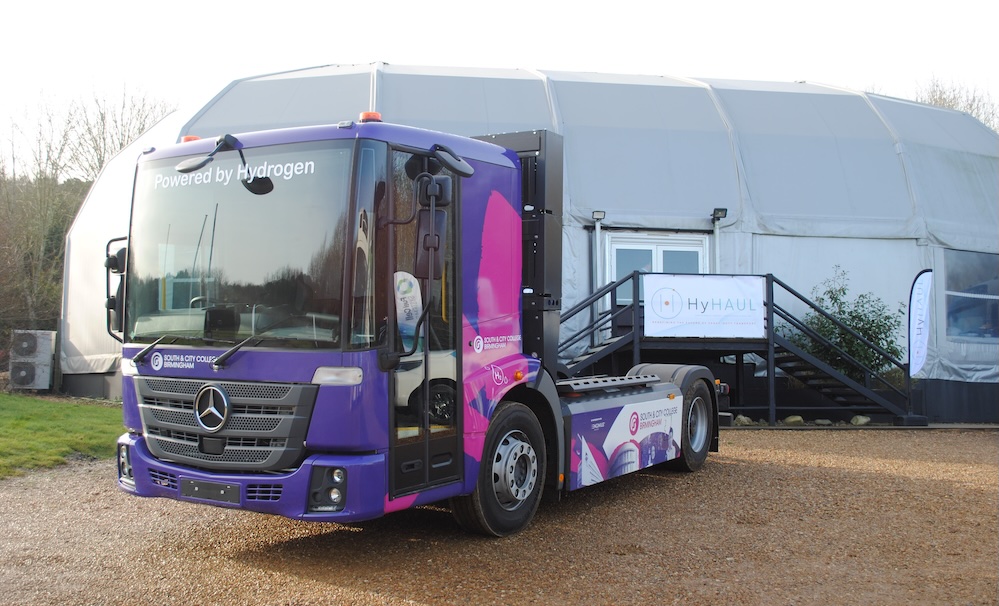The repercussions of Russia’s invasion of Ukraine are causing rapid increases in the cost of fuel across the UK. Against a wider backdrop of high inflation, many people are seeking to save cash as the cost of living soars. Prices threaten to reach all time highs of £2 per litre, leaving many wondering if they’ll soon be able to afford to use their cars at all. Mobilityways, a certified social enterprise, believes Zero Carbon Commuting to be the answer.
“The cost of relying on this type of fuel is more than financial, with serious implications for the future of our planet.”
Categorised as Scope 3 emissions, commuting emissions account for 5% of the UK’s total emissions – 18 billion kg of CO2e annually. Data from the Mobilityways Platform, which has analysed 532,214 individual employee commutes, revealed that 95% of commuters in the UK them had at least one viable sustainable commuting option available to them.
Results from the sample, which was taken from over 350 large employers, revealed that 40% of employees were close enough to walk or cycle to work, 53% of employees had an accessible public transport route available to them and 91% of employees could share a lift with a colleague. This data shows how our habitual reliance on single occupancy vehicles is both misplaced and unnecessary.
The Department for Transport’s Decarbonisation Plan outlined that “walking and cycling should be natural first choice for short journeys”, with active travel offering a host of benefits to individuals and the environment. This includes improved physical health, mental wellbeing and travel cost savings in addition to reduced congestion and the associated air pollution and a fall in GHG emissions. The DfT also sets out that reducing single occupancy commuting journeys by just 10% would save 500,000 tonnes of CO2e a year.
“Zero Carbon Commuting is the natural solution to rising fuel costs – which are a symptom of our over reliance on fossil fuels. We must decarbonise the commute if we hope to protect ourselves from the impacts of climate change. If more people choose to walk, cycle, utilise public transport and Liftshare we can reduce and eventually eliminate the need for expensive and polluting fossil fuels. The cost of relying on this type of fuel is more than financial, with serious implications for the future of our planet. These price increases just aren’t sustainable for the majority of us and it’s a serious wake-up call that we need to change our commuting behaviour’s before it’s too late.”
Ali Clabburn, Chairman of Mobilityways.
Over half of all commuting trips are made by car in England alone, generating 11m tonnes of CO2 emissions every day. 90% of these emissions come from cars, many of whom are driven alone, highlighting car usage as the largest emissions challenge to be addressed. There are 47m empty seats on our roads every rush hour. Sharing a car journey is twice as efficient and half as expensive than driving alone and can save sharers thousands of pounds in fuels costs every year.
“Employers are going to be key in facilitating Zero Carbon Commuting for their teams, particularly now so many organisations have returned their teams to the office at least part of the week. Fuel poverty is a huge barrier to making those plans a reality” said Ali, who established car share platform, Liftshare.com, which now has over 700,000 members.
“Car share communities are a huge well of untapped potential for so many employers – over 700 of our corporate clients have experienced huge successes, collectively saving over 1 billion miles. The pandemic has shown we have the propensity for change. It’s time for us to commute back better.”








